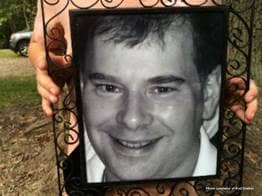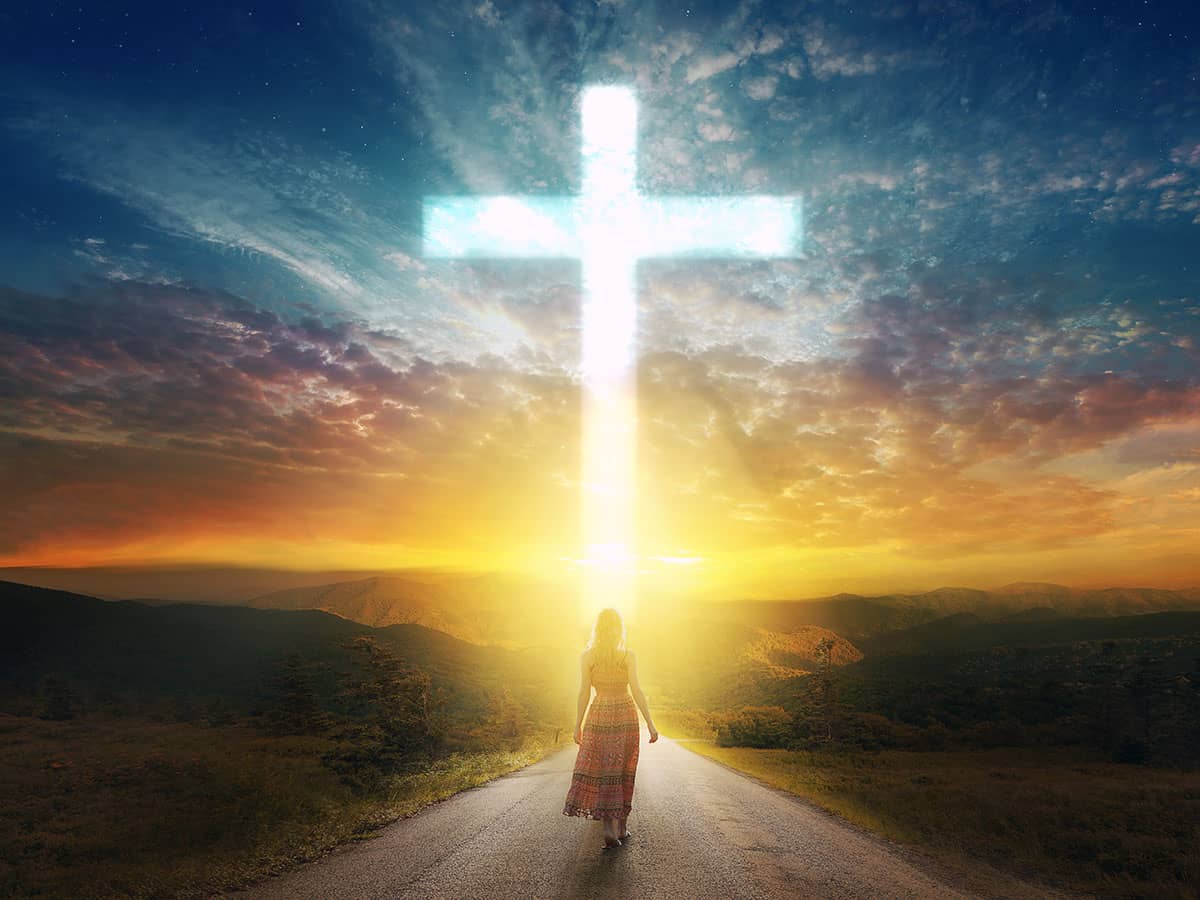You would see Jack in church, during vespers or at the liturgy, and he would be stock still and so lost in prayer that if he hadn’t been standing, you would swear he was asleep. They found his body last week on his couch at home, his prayer rope in his hand. He fell asleep praying, and never woke up. Jack had been struggling with severe kidney problems lately, but nobody expected this. His death had something to do with his kidneys, the coroner said.
There was Jack again, the next day, looking as serene as he always did in prayer. Except this time, he was stretched out on an embalming table in a back room of the local funeral home. I had come with our priest, Father Matthew, to wash Jack’s body and prepare it for burial according to the Orthodox Christian tradition. Neither my priest nor I, both converts to Orthodoxy, had ever done this.
But here we were. And there was our brother Jack. It was time to begin.
Dealing with the viscerality of death is difficult for all cultures, but for us Americans, it is particularly hard. We shield ourselves from the grim reality of what it means to die in the flesh. Touching the dead is a taboo in many world cultures, but in contemporary America, we wall ourselves off from the horrors of death with sentimentality. It is not that way in Orthodox cultures. But I do not live in an Orthodox culture, nor was I raised in one. I am an American. Standing there next to the body of my friend, preparing to wash him and clothe him in his burial garments, unnerved me to the core. Still, it had to be done.
The funeral director removed the sheet covering Jack’s body, and there he was, naked, his eyes closed, as if slumbering. I had never seen Jack in shorts or a bathing suit, but now, there was no pretense of modesty. This, I thought, is what it means to be dead.
We crossed ourselves, Father recited the prescribed prayers, then we got to work. We wet white washcloths with warm water, and began gently rubbing down Jack’s body, which was hard to the touch. It is not Orthodox practice to embalm the body, but the state of Louisiana’s laws are not written with that in mind, so in this case, it happened. From his head, down the side of his body, all the way to the soles of his feet, we washed him. I tried not to think about what we were doing; I wanted to run away like a frightened child. Yet I was a man, and we were men, and not only men, but Orthodox Christian men. This is what we were meant to be doing. p>This is life. This is death. This is reality. I prayed silently for strength, and carried on.
Father anointed Jack’s body with aromatic oil that miraculously streams from the Iveron icon of Mary and her son Jesus. I was relieved for the sweet floral aroma to fill the room, temporarily driving out the antiseptic scent of embalming fluid. Father Matthew took a razor and shaved the stubble from Jack's face, with me cleaning behind him with a washcloth. Then we had to dress the naked body in its funeral attire: underwear, suit pants, a dress shirt, tie, and then a white baptismal gown. This took time and great effort. I had not realized that dead bodies are so heavy. I understood now what the Bible means when calls our bodies “jars of clay.” There was no clearer way to feel the absence of Jack’s spirit than to struggle with Father Matthew to clothe his body.
Father Matthew gave his white baptismal gown for Jack’s burial. We could not get it on him, so, using scissors, we cut the garment up the sides, put it into place, then sewed it up with needle and thread. Father placed Jack’s silver cross around his neck, and wound Jack’s prayer rope, the one he was holding when he departed this life, around his right wrist. We were almost finished. As the final act, Father Matthew stood at Jack’s head and recited the prescribed Psalms and prayers. Listening to Father pray, I found myself thinking, yes, this had been the right thing to do. The strange ritual that I had dreaded had not been easy, but it had been holy. Standing there with my head bowed, having spent nearly two hours handling the body of my friend, I had felt underneath my fingers and palms the terrible chill of death, its weight, its finality. This, I thought, is what Christ delivers us from. And yet, because He sanctified the flesh by His incarnation, so too do we do the flesh honor by treating the body of our beloved dead with such tenderness and respect.
I won’t lie: I was very, very glad when it was over. This intimate ritual was the strangest thing I’ve ever done, but I was grateful that I had been able to give this to Jack. We live in a culture that wants to turn away from all death and suffering, to deny it, to keep it out of our sight. But it comes for us all the same, sometimes, as in Jack’s case, like a thief in the night. What the priest and I did on that Saturday morning was to look at death face to face, and to touch it with our hands, and to affirm that not even the mortality can take away a man’s dignity, if he has love.
Driving home, it occurred to me that I did not want the men of my church doing the same thing for me, seeing me naked like that. And then I thought: that is not Christian humility, but all-American pride, and a denial of reality that’s unworthy of men. You can’t get any poorer or more naked than dead. This is how each of us came into this world, and this is how each of us will leave it. There is a powerful life lesson in the ritual that Father Matthew and I performed that morning.When I stand in church from now on, I will know that as one of the men of the church, I will one day see, and wash, and dress the bodies of all those around me whom I outlive. Those who outlive me will do the same with my body. I still find that the idea makes me squeamish (“Remind me to remain Baptist,” my neighbor said after I told him what I had been doing all morning). I can’t help wondering, though: if in our congregations, we lived with the thought that we would be washing each other’s bodies after death, and that we will have to have our bodies washed by those in our churches, would we love each other more, or more truly?


